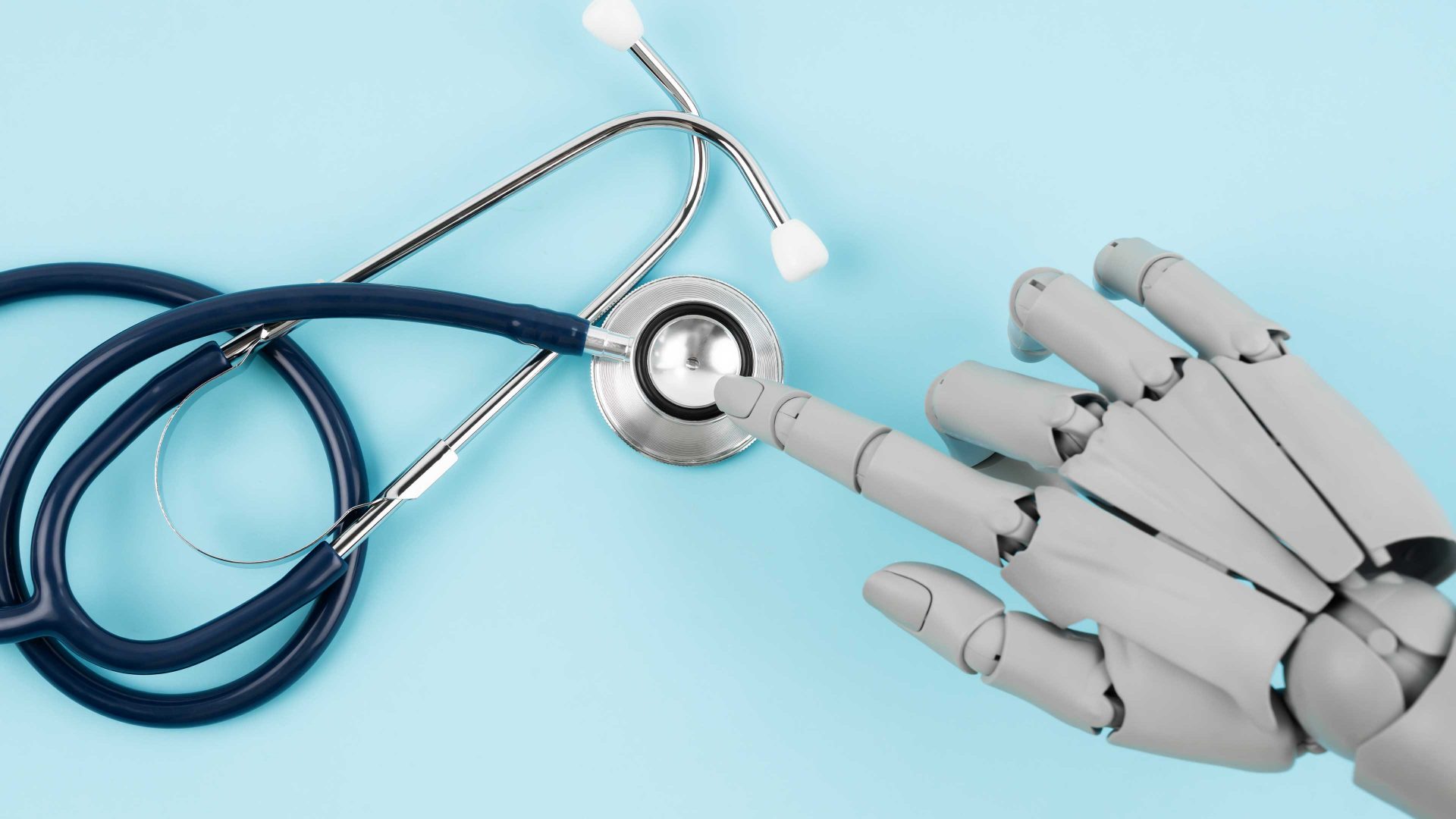Does med bed, a miracle technology that cures disease, reverses ageing, and can even regenerate lost limbs, exist? No. It’s pure sci-fi, despite an apparent short-lived endorsement by US president Donald Trump, who shared a video promoting this bizarre conspiracy theory, then deleted it.
In the sick bay of the Starship Enterprise, Dr “Bones” McCoy was able to repair flesh wounds with a handheld dermal regenerator. But medical science hasn’t gone full Star Trek yet.
We are, however, in the midst of an AI-driven medical revolution. It’s changing how doctors work. It’s affecting how patients access care, how doctors take patient histories, how they interpret and diagnose symptoms, and the kind of treatment offered and how it’s delivered.
It has empowered patients by giving them intelligible summaries of up-to-date scientific information that they may or may not be intellectually equipped to assess, and it has fuelled the worst fears of hypochondriacs. It has also given snake-oil sellers a global market.
In her just-published book Dr Bot: Why Doctors Can Fail and How AI Can Save Lives (Yale University Press), Charlotte Blease gives a snapshot of how AI is transforming medicine, and how it could do that for the better. She addresses the basic question: what should the role of a human doctor be in this new and fast-changing world?
Blease is a health informaticist, an empirical researcher who combines expertise in data analysis and the use of digital technology in healthcare, but she also has a degree in philosophy and has promoted the teaching of philosophical skills in schools.
Blease is no doctor-basher. She emphasises the complexity of the role and its pressures. Doctors are a scarce resource, and we put unreasonable demands on them. It is not surprising that they have higher rates of depression and suicide than the general population. Blease acknowledges the near-impossible position they are put in.
Yet she is not a big tech evangelist, either. She is well aware of the dangers of using AI in an unregulated and piecemeal way by people who have had scanty training in the risks.
Her evidence-driven sceptical approach is part of what makes this such a good book. She diagnoses what is happening now, without making AI a panacea. What drives her is the desire to save lives, and that requires us to look at the evidence about what AI can actually do, weighing both dangers and potential, considering ethical issues about how this is implemented.
Face to face with a flesh-and-blood doctor, patients can be coy about their symptoms: some are intimidated by the presence of a high-status individual, others embarrassed, or afraid that they’re bothering a busy doctor.
Blease’s research suggests that patients typically disclose far more to an interactive AI questioner than to a human. That is good for diagnosis, but it raises ethical questions about privacy in a world in which the use of AI is unsystematic and unregulated, and dependent on AI provided for and overseen by US tech companies, which may be less scrupulous with data than a GP would be.
Some doctors are already using ambient AI to record and summarise interactions with patients, yet not every provider guarantees the kind of privacy that patients have a right to expect.
AI is far from perfect, but so are doctors. They are fallible, especially when tired and overworked, or ill-informed about current science.
Doctors make misdiagnoses and other errors. This is well documented. Blease cites evidence that medical error is responsible for 250,000 deaths a year in the US, for example, and that diagnostic error occurs in around 5% of primary care consultations in the UK. AI could change that.
We want doctors to base diagnoses and treatment on state-of-the-art medical research yet, Blease has calculated, a new piece of biomedical research is published every 29 seconds. Even if a doctor with a super-power memory were to attempt to access 2% of that information, they’d be reading for 22 hours a day.
AI can sift and summarise articles and data at incredible speed. Many doctors already use ChatGPT to keep abreast of research. But should they? We know that LLMs are prone to hallucination and have built-in biases. Is anyone monitoring what’s happening?
The med bed fiasco will get all the media coverage this week. But don’t let that distract you from questions about how AI is transforming medical care, and the ethical issues this raises. These are far more important. Read Dr Bot if you don’t believe me.



